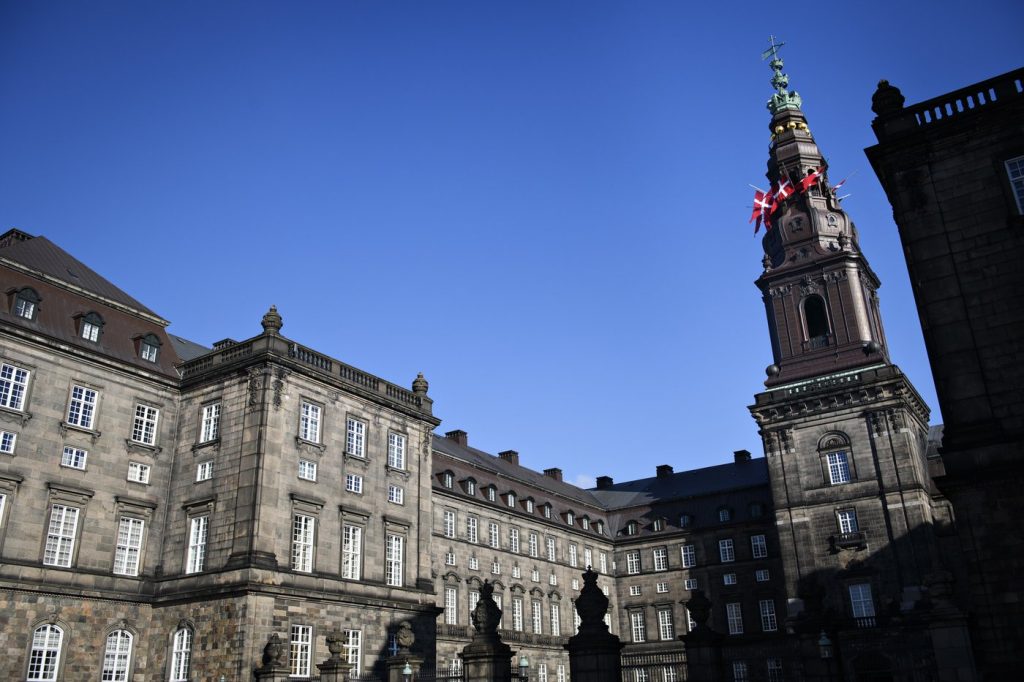COPENHAGEN, Denmark (AP) – The Danish government is moving forward with plans to enact a ban on the online use of "deepfake" imagery, citing concerns that such digital manipulations can create doubts about reality and contribute to the spread of misinformation. In a statement published on Thursday, officials announced that there is broad support across multiple political parties in parliament for enhancing protections against deepfakes. A proposed bill is anticipated to make it illegal to share deepfakes or other digital imitations of personal characteristics.
Culture Minister Jakob Engel-Schmidt emphasized the importance of this legislative action, stating that it is "high time" to create safeguards against misinformation while also sending a clear message to major technology companies. This initiative is considered one of the most comprehensive government measures undertaken globally to combat the misinformation associated with deepfakes, a term that refers to highly realistic, yet fabricated content created using artificial intelligence tools.
Deepfakes typically manifest as images or videos but can also take the form of audio, enabling the creation of content that makes it appear as though someone has made statements or performed actions that they have not actually done. Public figures, including Taylor Swift and Pope Francis, have been depicted in deepfake content, highlighting the potential for such technology to mislead audiences.
Different countries have adopted various strategies to address deepfakes, with many focusing primarily on sexually explicit materials. For instance, U.S. President Donald Trump signed bipartisan legislation in May 2023 that criminalizes the publication or threat of publishing intimate images without consent, including deepfakes. Similarly, South Korea implemented regulations in the previous year aimed at reducing deepfake pornography, introducing stricter punishments and heightened regulations on social media platforms.
Proponents of the Danish initiative argue that as technology continues to evolve, distinguishing between genuine and manipulated content online will soon become nearly impossible. The Culture Ministry's statement indicates that images and videos are quickly embedded in people's subconscious minds, leading to potential fundamental doubts and misconceptions regarding what represents genuine reality. The proposed law aims to safeguard individuals' rights to their own image and voice.
While the legislation would still permit "parodies and satire," the ministry has not detailed the criteria for determining what constitutes such content. The proposed regulations would only apply within Denmark, and offenders would not face fines or imprisonment, although some form of "compensation" for victims might be considered.
Looking ahead, the Culture Ministry plans to present a proposal to amend Danish law on this issue during the summer, targeting potential passage either late this year or in early 2026. Any modifications would need to comply with Denmark's international obligations and European Union legislation.











